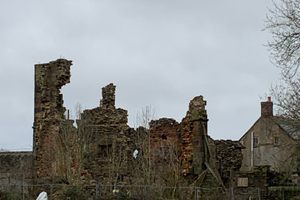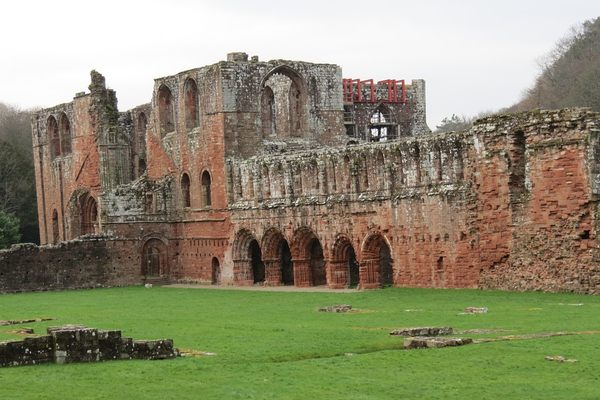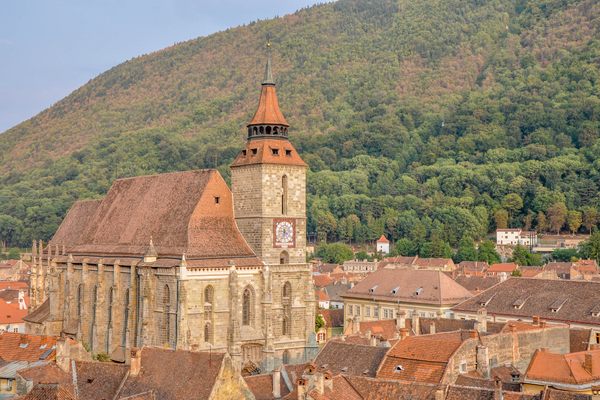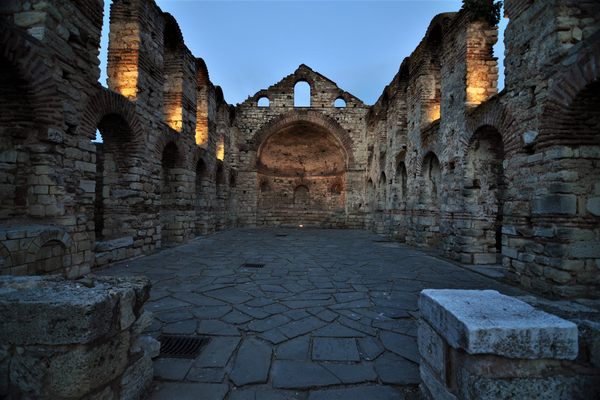About
Tucked away among industrial zones and sleepy housing estates are the ruins of one of the victims of Henry VIII's acts of Catholic Suppression. Built almost 900 years ago, this priory has certainly seen its fair share of conflict. Despite being impressively intact in parts, it’s largely overlooked by both tourists and the efforts of historical conservation.
The priory was built in the mid-1150s as part of the Cluniac Order, but it wasn't long before the site suffered from conflicts between local land-owning families. Eventually, in 1281, the monastery seceded from its original religious order and became an independent Benedictine church.
Since then, the abbey and surround village and land have changed hands multiple times. The monastery was finally dissolved as a place of worship in the November of 1538 as part of Henry VIII's Dissolution of the Monasteries. The fate of the site then became one of steady decay, and parts of its building materials were pilfered and used to build other structures. The site was finally taken into the care of the state early in the 20th century.
Much of the charm of the medieval site lies in its tranquility. Unlike most historical places in the United Kingdom, Monk Bretton Priory isn't assailed by tourists. Indeed, the ruins rarely get busier than a few quiet locals on those rare occasions of British sunshine, which makes it a lovely spot for a picnic among green grass and calmly twittering songbirds.
While some areas of the priory have little left other than the stone foundations of the original monastery, the 13th-century administrative building stands in excellent condition, as do the two gatehouses and parts of the cloister. The deep, stone-walled drainage tunnels also appear to be in a wonderful state of preservation. Throughout the site can be seen great examples of masonry, especially in the form of large decorative windows.
Related Tags
Know Before You Go
There is limited parking available at the site itself. Admission is free and gates close at 3 p.m. The priory is located right at one of the entrances of Dearne Valley Park, hardly half a mile from the remains of the Barnsley Main Colliery.
Community Contributors
Added By
Published
April 27, 2018























































